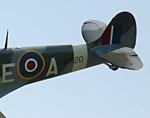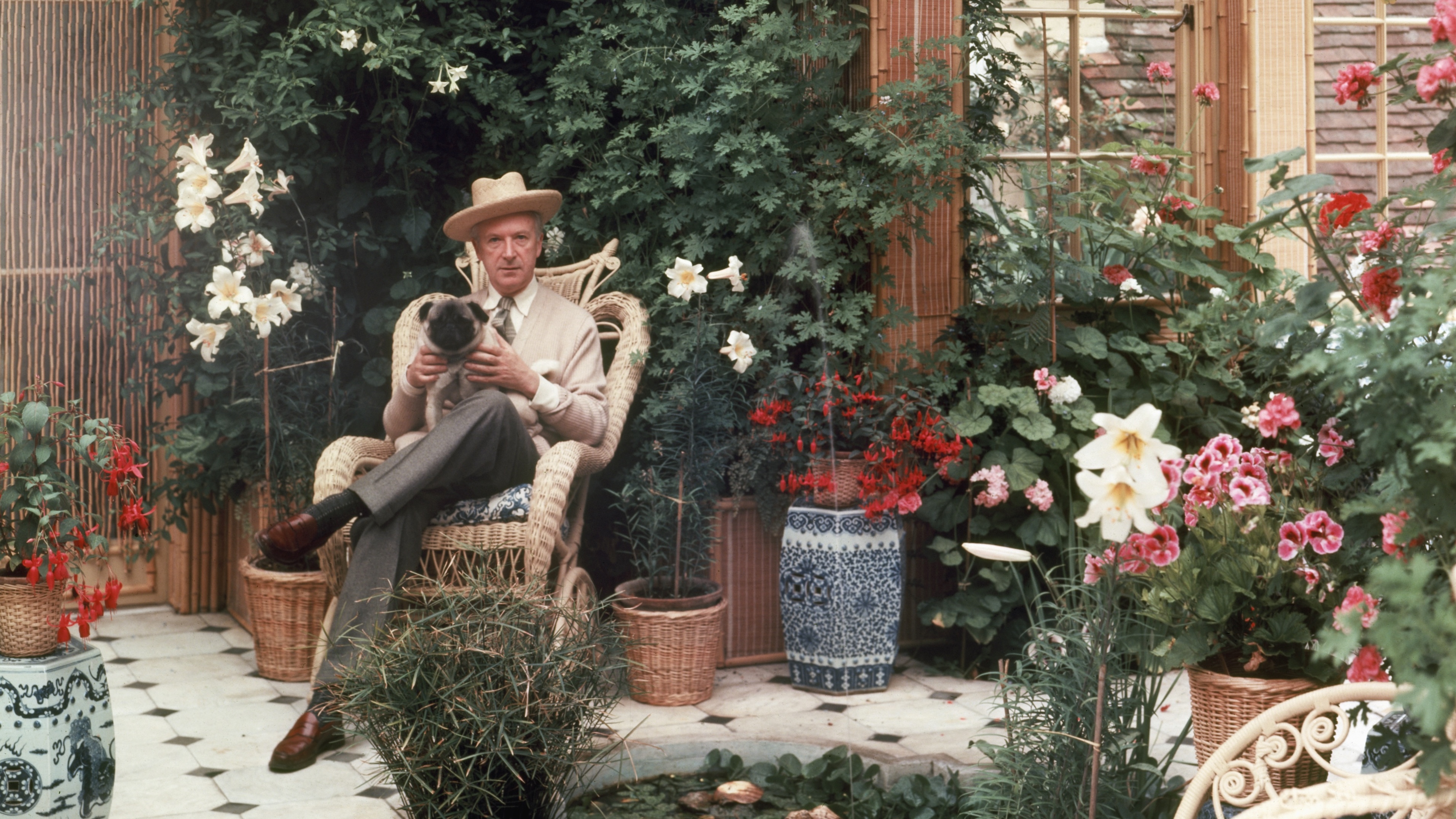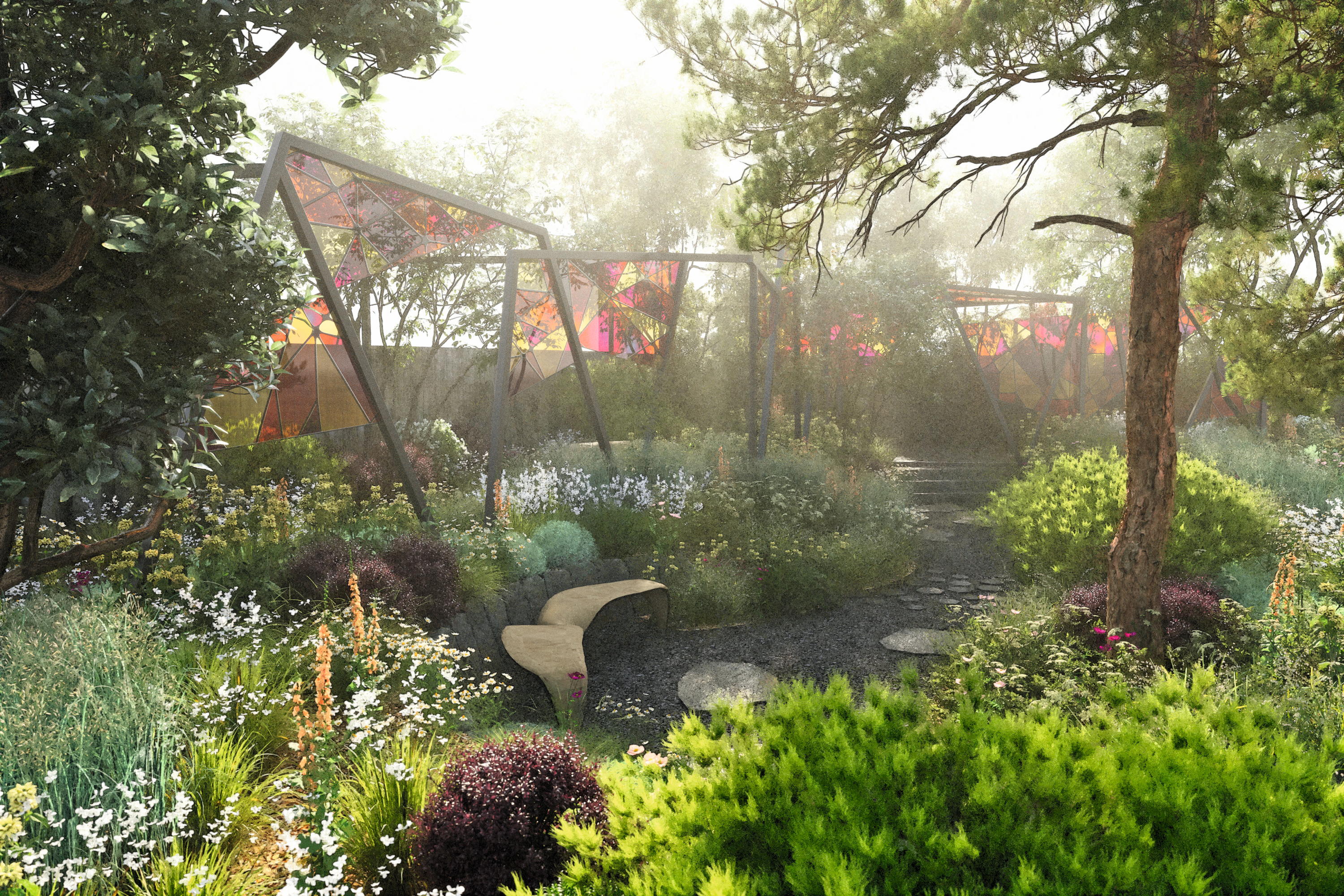The Battle of Britain remembered
Alice Cooke talks to those who remember the Battle of Britain as it happened, seventy years on


The Battle of France is over. The Battle of Britain is about to begin. Upon this battle depends the survival of Christian civilisation. Upon it depends our own British life and the long continuity of our institutions and our Empire.'
Winston Churchill, June 18, 1940, in an extract from his Finest Hour speech
Reginald Thompson, Aircraftman 1st Class, 43 Squadron, RAF Tangmere
‘I vividly remember the day the Battle of Britain started. It is etched on my mind. ‘I lived with my parents in Kirdford, so they were hugely relieved that I was posted to Tangmere when the war started-it was right on our doorstep! They ran the local post office, which was both a curse and a blessing, as, on the one hand, we were lucky enough to have the very first telephone in the village (to get hold of us, you just had to say ‘Kird-ford one, please' to the operator), but on the other, my father was the first to receive tele-grams about casualties-which included the death of my older brother.
‘On August 16, 1940, at 1pm on the dot, the bombing started. We were drinking tea and eating cake when the call came over the tannoy. "Bombers approaching the coast from Portsmouth, be prepared to take cover." And then, before we'd even had time to stand up from our chairs, it was suddenly frantic. "Take cover! Take cover!", over and over again.'
Wing Cmdr John ‘Tim' Frances Durham Elkington recorded events in his logbook, which he kept from 1939
‘Drifting down in my parachute off the West Sussex coast in August 1940, I thought what a beautiful day-never mind the blood, I could see for miles, much better than in a burning aircraft. I did not even realise that my flight leader (Flt Sgt Fred Berry) was blowing me into land to save me from drowning. Only recall the bump on landing on West Wittering. Then nothing, until that lovely freckle-faced Ambulance girl began to cut my trousers off!'
Sign up for the Country Life Newsletter
Exquisite houses, the beauty of Nature, and how to get the most from your life, straight to your inbox.
Yet things weren't all work and no play. Wing Cmdr Elkington particularly remembers one sunny day in July, 1940
‘A rare treat, a day's respite; three of us headed south in our Hurricanes, low flying-no courts-martial in those days. Over the South Downs, they were coppicing, or something similar-canopies open, the smell of the wood smoke and the peace of it all is imprinted upon my mind. I peeled off toward Thorney Island (home was Hayling Island-in fact, my mother swears she saw me land), and the other two drifted off eastwards. Was there a war on?' Kathleen Frances Mary Rainer, née Catt, was living at home with her mother in Ewhurst, East Sussex
‘I was working in the hop fields at West Farm, watching fighter planes battling it out. An Allied pilot bailed out of his Spitfire, and as I watched him descend slowly to the ground, I was horrified to see that the Germans were trying to shoot him out of the sky, while he was totally helpless. I was gutted at the behaviour of the Germans. Of course, we know now that they committed even worse acts, but to me, this was just horrible. I was so proud of our pilots for what they did next; the other Spitfires began to circle the parachute, protecting him from German attack. As he descended, the rest of his squadron spiralled down with him, guiding him to the ground, guarding him, and risking their lives to save a pilot who was otherwise totally defenceless.
‘Later on that same day, another pilot was seen falling from the sky. The farm workers went to see who he was, and found that he couldn't speak any English. Thinking him to be a German, they grabbed their pitchforks and went after him. He was captured, but when the authorities turned up, we were told he was actually Polish, and not our enemy at all. Thankfully, the workers had been content to just capture him and send him on his way; a free man again and another ally in the sky.'
Peter Vaudin was only three and three-quarters in August 1940, but still vividly remembers the day that the battle started in Haslemere, Surrey
‘It was a clear, sunny day. Dad had my hand. We were walking past the shops by the village green. Suddenly, there were aircraft-no siren, just the staccato of firing as they whirled in their deadly game. ‘We ran, or rather I was run. My feet hardly touched the ground. Dad's hand pulled me through the air and down the hill into a small, corrugated garage, where a lot of people had already sought shelter. I remember wondering afterwards how that roof would have stopped the bullets. At the time, the mind didn't reason. It was an artificial, unreal barrier between up there and terra firma.
‘When it was all over, there was silence, and two parachutes on the ground, one on fire. The British fighter made a final pass and fired at the only other plane that remained airborne. There was no mercy that day.
‘A few days later, news of the funerals had spread to the street. They had to pass by our house to get to our cemetery. We stood on our front doorsteps and watched as the cortège passed. There was an eerie quiet and nobody spoke. They were somebody's sons somebody did say that. Then, the gates clanged shut, and, for many years, two bare wooden crosses with number, rank and name marked the memory. One day, they were gone-repatriated to their homeland.'
Young couple Charlie and Betty McNabb were taking a walk towards Beachy Head on August 18 (‘the hardest day')
‘It had been a beautiful morning, peaceful and quiet, and, as we strolled along enjoying the tranquillity, we both agreed that it was a shame that there had to be a war on, on a tremendous day such as this. I can remember the gentle breeze, so gentle that it hardly rustled the leaves on the trees, and all the birds seemed to be singing, quite oblivious to our presence. Suddenly, we heard a heavy rumbling sound, almost like the sound of a strong wind coming towards us. We could see nothing, but the sound got louder and louder-it was so strange. Then, just as suddenly, and it gave us both a fright really, these huge dark shapes appeared over the cliffs, almost as if they had come right out of the sea. The noise was deafening, as what must have been six or seven huge bombers came over, and then disappeared just as quickly as they had appeared. Then, all was peaceful again. My God, it was scary.'
Drusella Grove, née Hucks, was eight years old at the time, and living in Dunton Green, Kent
‘My most vivid memory was an occasion when my mother, sister, brother and I were blackberry-picking in the field next to the church. I noticed a German plane fly over us fairly low, before circling and coming back. As I saw him approaching, he started firing at us. My mother pushed my sister and brother into the hedge, but I was terrified and started running. I could hear her calling me. The plane passed overhead and I ran back to her in the hedge, as it circled over us a few times, and we had to wait until it flew off before we could go home.'
Mollie Mellish, née Symonds, was in Rolvenden, Kent
‘I was 10 years old on Battle of Britain Sunday, during August 1940. It was during the hop-picking school holiday. Waves of German planes came over from Dover, and I remember standing in the garden looking up at so many planes that it was like a big black cloud. I tried counting the German bombers, but there were far too many and I had to give up. Then, Spitfires and Hurricanes came onto the scene. They were dogfighting with the German planes most of the day. There were lots of machine-gun fire and vapour trails, the odd parachute, too, when someone was shot down. It was a continuous loud droning noise.
German and British planes had different engine noises-we could all tell them apart. It was the worst day, with continuous gunfire noise. Messerschmitts were seen "hedge-hopping", being chased back to the coast by Spitfires. Sometimes, there was a screaming noise, when a plane dived. I was absolutely petrified and sat under the draining board in the kitchen, only coming out occasionally for food. The boys in the village, including my brother, were all out looking for shrapnel and shell cases. Some of the shrapnel was very jagged and still hot.' Joanna Thompson was a young house-wife. She watched from her Kent garden
‘The sound was unthinkable; you never heard anything like it. Out of the sky, planes were falling and blazing to the ground, parachutes with little men hanging helplessly underneath them, drifting towards the Earth. Even flying boots and pieces of aircraft came down, hit-ting the tin shelter with a terrific thud. I think it was only then, when the war was suddenly so close to home, that we really became proud of these pilots-young men that we didn't even know. From then on, we cheered them on in every single dogfight that we saw.'
James Roffey was evacuated from Camberwell to Pulborough, Sussex, aged eight. He saw the battle on his way to school
‘The sound was deafening as bullets ricocheted off the corrugated iron of the cattle market. Planes flew so low that I could see the pilots' faces, some Germans even grinned at me. They weren't shooting at us, just trying to scare the pants off us-it worked! The lady in the teashop beckoned me in as I passed, and we stood at her back door watching smoking planes trying to get back to Germany over the South Downs-most couldn't make the altitude and crashed with a huge puff of chalk smoke. We cheered like mad with each one that fell. It was all very exciting until I got to school and was told off for being late.'
Country Life is unlike any other magazine: the only glossy weekly on the newsstand and the only magazine that has been guest-edited by HRH The King not once, but twice. It is a celebration of modern rural life and all its diverse joys and pleasures — that was first published in Queen Victoria's Diamond Jubilee year. Our eclectic mixture of witty and informative content — from the most up-to-date property news and commentary and a coveted glimpse inside some of the UK's best houses and gardens, to gardening, the arts and interior design, written by experts in their field — still cannot be found in print or online, anywhere else.
-
 You're all invited to Cecil Beaton's Garden Party
You're all invited to Cecil Beaton's Garden Party'The space given over to 'Cecil Beaton’s Garden Party' at the Garden Museum is smaller than Beaton’s own drawing room, but its intimacy is its trump card.'
-
 Chelsea Flower Show 2025: Ten things not to miss in what promises to be a superb year at the world's greatest horticultural show
Chelsea Flower Show 2025: Ten things not to miss in what promises to be a superb year at the world's greatest horticultural showIt promises to be a stellar year at the RHS Chelsea Flower Show. Kathryn Bradley-Hole previews some of the highlights you can expect, while we take a look ahead to what Country Life will be up to during the week.